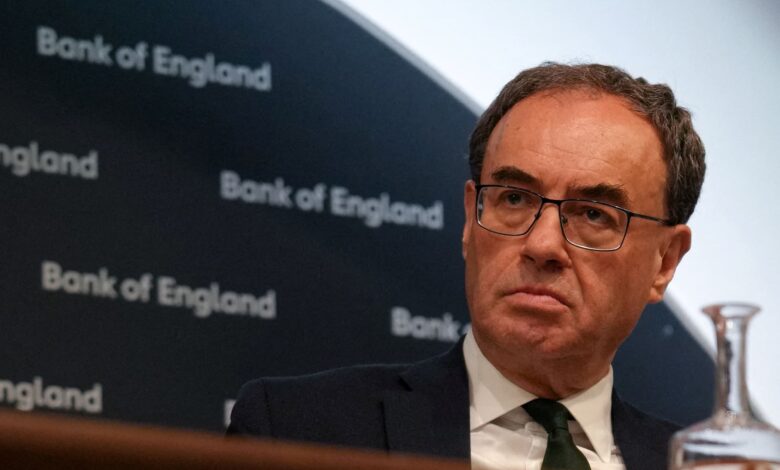Andrew Bailey on why UK-U.S. trade deal won’t end uncertainty

Bank of England Governor Andrew Bailey recently discussed the economic uncertainty facing the U.K. in an interview with CNBC. Despite being the first country to strike a trade agreement with the U.S. under President Donald Trump’s tariff regime, Bailey emphasized that there is now more uncertainty than before.
In the interview, Bailey highlighted the importance of the U.K.-U.S. trade agreement while acknowledging that the U.K. is a very open economy. He pointed out that the impact of tariffs on the U.K. economy extends beyond its trade relationship with Washington to include global trade dynamics.
The governor expressed hope for additional trade agreements in the future but cautioned that tariff levels are currently higher than they were previously. This sentiment was echoed in the Bank of England’s Monetary Policy Report, which emphasized uncertainty throughout its pages.
The report revealed that the central bank had cut interest rates by a quarter percentage point, bringing the key rate to 4.25%. The decision was contentious among the Monetary Policy Committee, with some members advocating for a larger rate cut.
Bailey explained that the close vote reflected the risks on both sides of the economic equation. There is a possibility of a severe weakness in demand leading to a weaker inflation outlook. On the other hand, there is also a risk of inflation persisting due to factors like wage increases and energy costs, coupled with weaker supply capacity in the economy.
Overall, Bailey emphasized the need for careful consideration and balance in monetary policy decisions to navigate the current economic uncertainty facing the U.K. The ongoing trade agreements and tariff implications will continue to shape the country’s economic landscape in the months to come.





